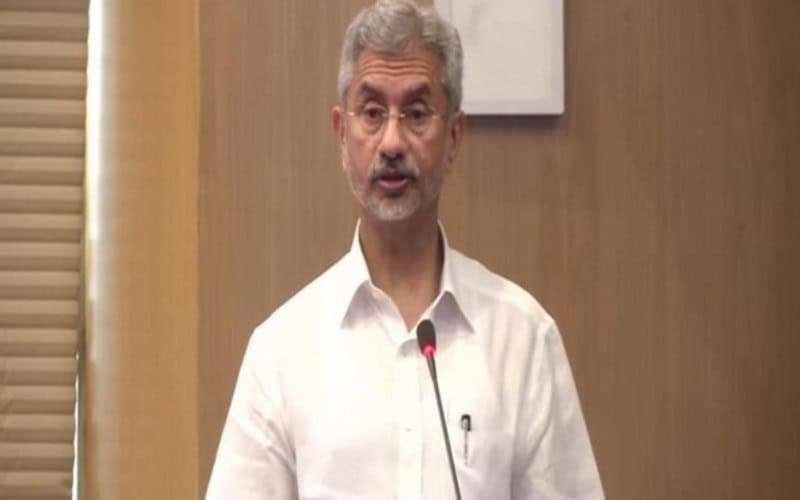Dhaka:External Affairs Minister S. Jaishankar, on a visit to Bangladesh, on Tuesday said that India is committed to solving the Teesta water sharing issue, and also that the two neighbours have agreed on the safe, speedy and sustainable return of Rohingya refugees to Myanmar’s Rakhine state.
Addressing the media, Jaishankar said: “India continues to be committed to solving the Teesta issue along with 53 other common rivers. Water resources is an important subject and we look forward to making progress on finding mutually acceptable formulas to share water from 54 shared rivers,” he said, adding that India is ready to make a start whenever possible.
“We have a position. We are aware about it. We have a commitment towards that position, and there is no change in India’s vow to solve the Teesta issue,” he said, the Dhaka Tribune reported.
Jaishankar, who is here on a three-day official visit, said India and Bangladesh have agreed on the safe, speedy and sustainable return of Rohingya refugees to Myanmar’s Rakhine state.
Jaishankar made the remarks while briefing reporters after a bilateral meeting with his Bangladesh counterpart A.K. Abdul Momen at the state guesthouse ‘Jamuna’ here.
He also described Bangladesh-India relations as a model for other South Asian countries.
Jaishankar termed the National Register of Citizens (NRC) for Assam as an internal issue.
Earlier, he called on Bangladesh Prime Minister Sheikh Hasina at her official residence ‘Ganobhaban’ and handed over an invitation letter from Prime Minister Narendra Modi for her bilateral visit to India in the first week of October.
During the meeting, Jaishankar expressed interest in enhancing cooperation in energy sector, especially in a hydro-electricity project, to meet the growing demand of energy between the two neighbouring countries.
“The hydro-electric project can be implemented effectively since the project cost is lower,” he said, the Tribune reported.
He also stressed on simplifying the visits of Bangladeshis to India and increasing regular contacts between the two countries.
Earlier, he said his visit, his first to Bangladesh as External Affairs Minister, was to affirm that it is a very strong partnership as well as prepare for Hasina’s visit and to “signal publicly the importance that they attach to the relationship”.
He said that in the context of India’s ‘Neighbourhood First’ policy, “We see the India-Bangladesh relationship very much as a model. Our ties have actually transcended a strategic partnership and we are honoured to be a leading development partner of Bangladesh.”
“We would like to offer all possible support to realize Bangladesh’s development agenda. This is in India’s interest as well. We believe that this is today the Golden Age – the ‘Sonali Adhyay’ in India-Bangladesh ties, and that is thanks to the vision and statesmanship of Prime Minister Narendra Modi and Prime Minister Sheikh Hasina.”
“I would like to underline that it is very much in our mutual benefit that this partnership grows. We believe that when it comes to security this improved partnership against crime, extremism and terrorist groups is of direct benefit to the people of both countries,” he said, adding that both sides wast to boost connectivity.
On energy cooperation, he said both nations have stakes in each other’s success and have many energy-sharing projects which are under discussion, including private and public sector partnerships.
On trade, he said “We are ready to move to the next stage of our economic partnership” at a pace which is comfortable for Bangladesh.
On the Rohingya issue, he said: “We reaffirm our readiness to provide more assistance to the displaced persons in Bangladesh and to improve socio-economic conditions in Rakhine state and you are all aware that we handed over 250 houses last month in that context.”
“Our partnership with Bangladesh remains an example of what neighbours can do if they work together as true partners. The government of Prime Minister Modi is determined to ensure that this partnership is truly a role model in South Asia and for the world,” he said.

